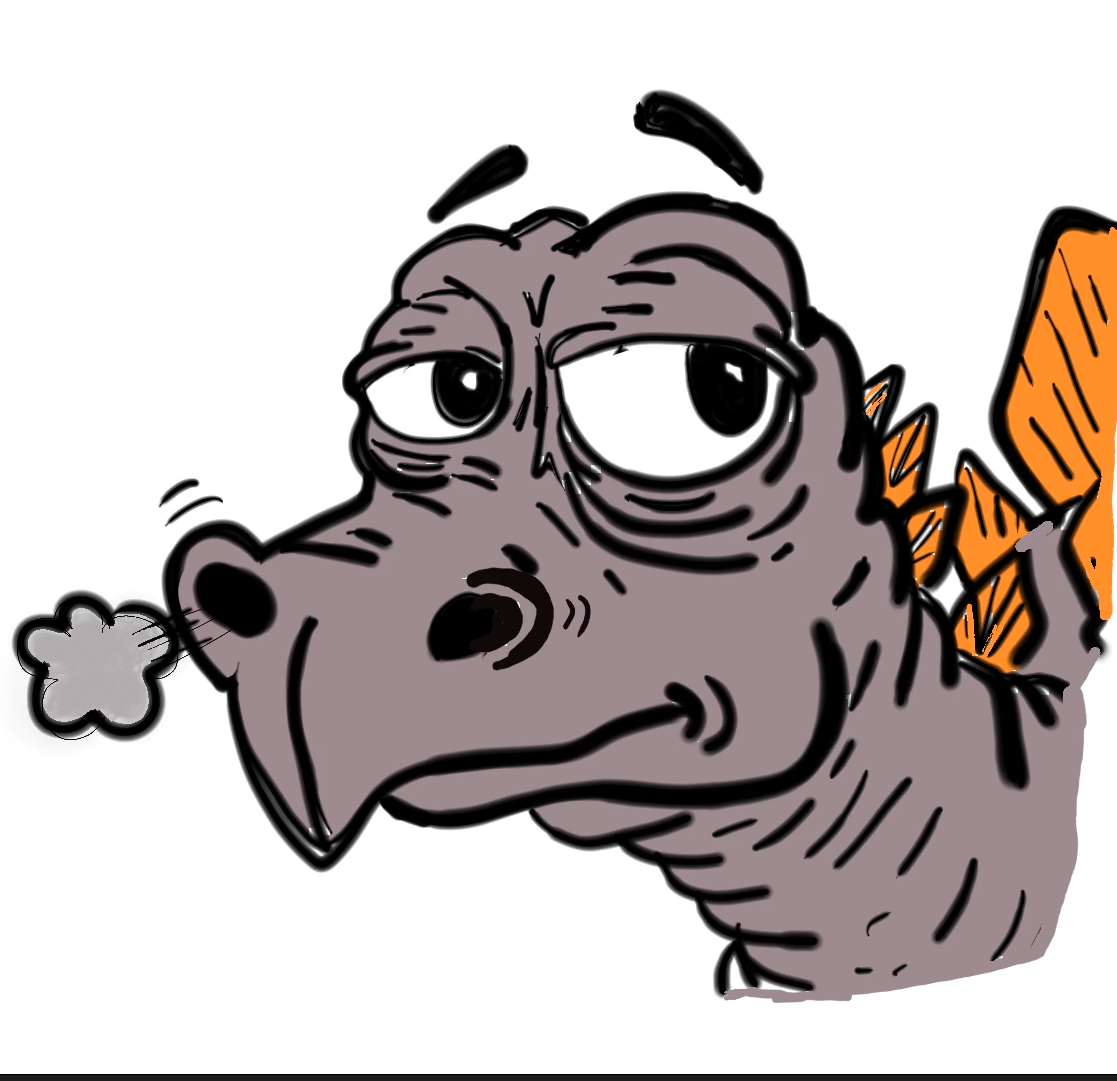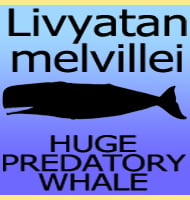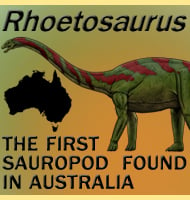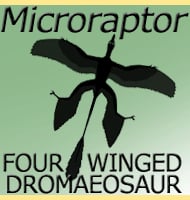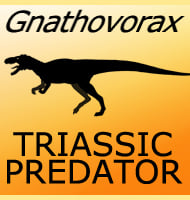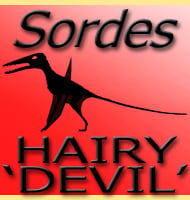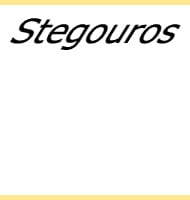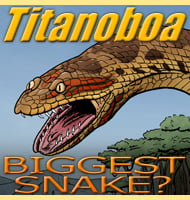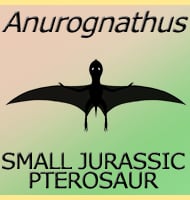In Depth
Vivaxosaurus is a genus of dicynodont that lived in Russia during the late Permian. As with relative genera, Vivaxosaurus would have been a quadrupedal herbivore, using two enlarged tusks in the upper jaw to dig out plants.
Further Reading
- A new Permian dicynodont and the question of the origin of the Kannemeyeroidae. - Paleontological Journal 34(6):642-649. - N. N. Kalandadze & A. A. Kurkin - 2000. - A comprehensive taxonomic revision of Dicynodon (Therapsida, Anomodontia) and its implications for dicynodont phylogeny, biogeography, and biostratigraphy. - Journal of Vertebrate Paleontology 31(Sup. to 6):1-158. C. F. Kammerer, K. D. Angielczyk & J. Frobisch - 2011.
